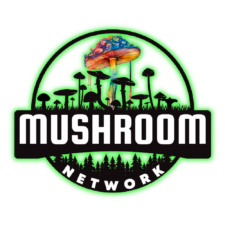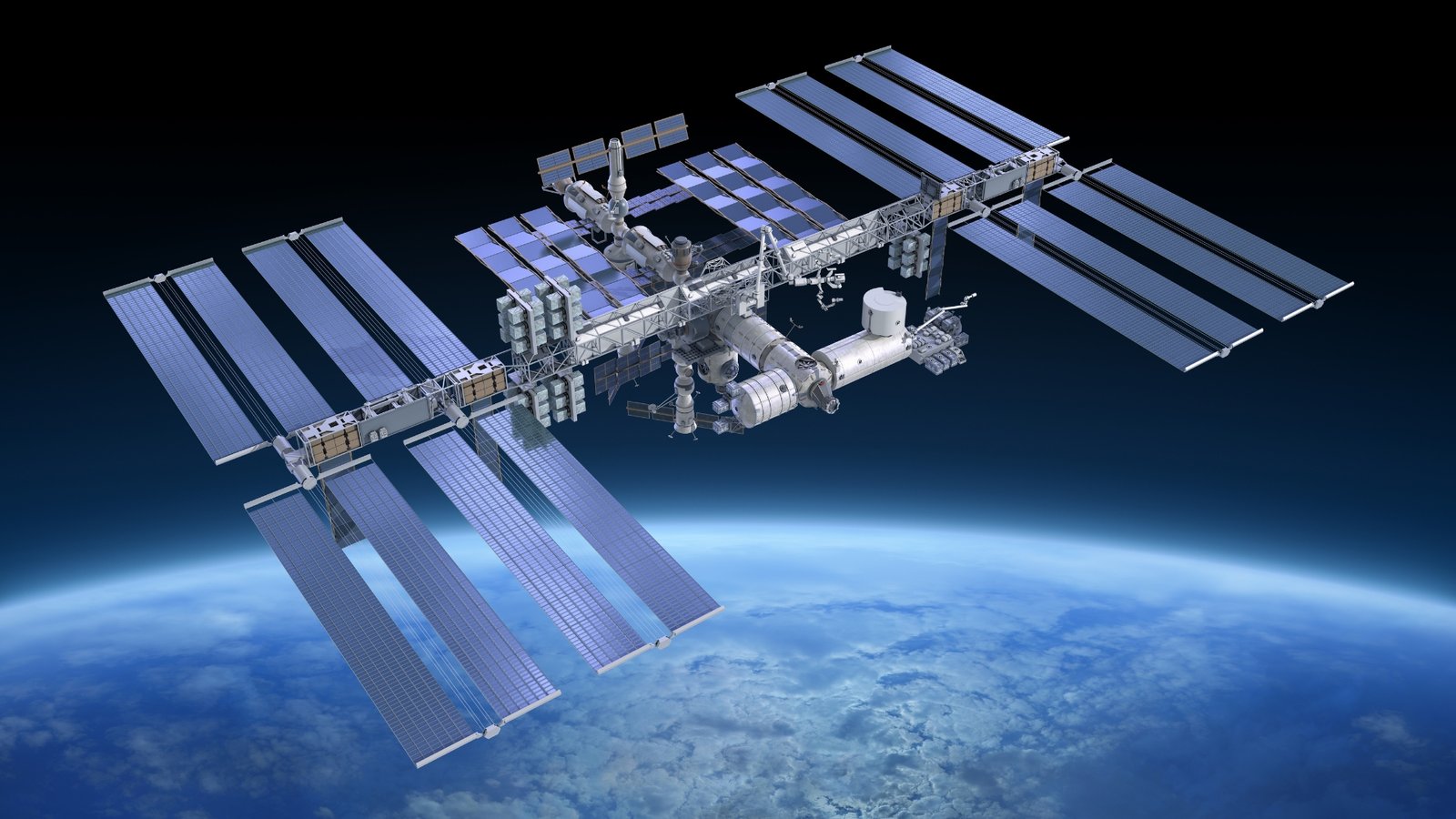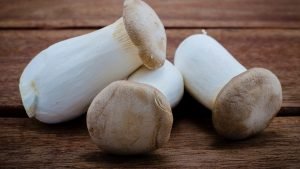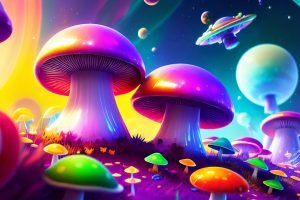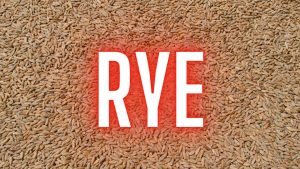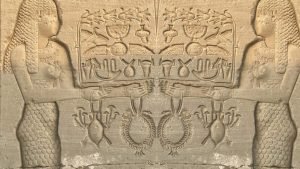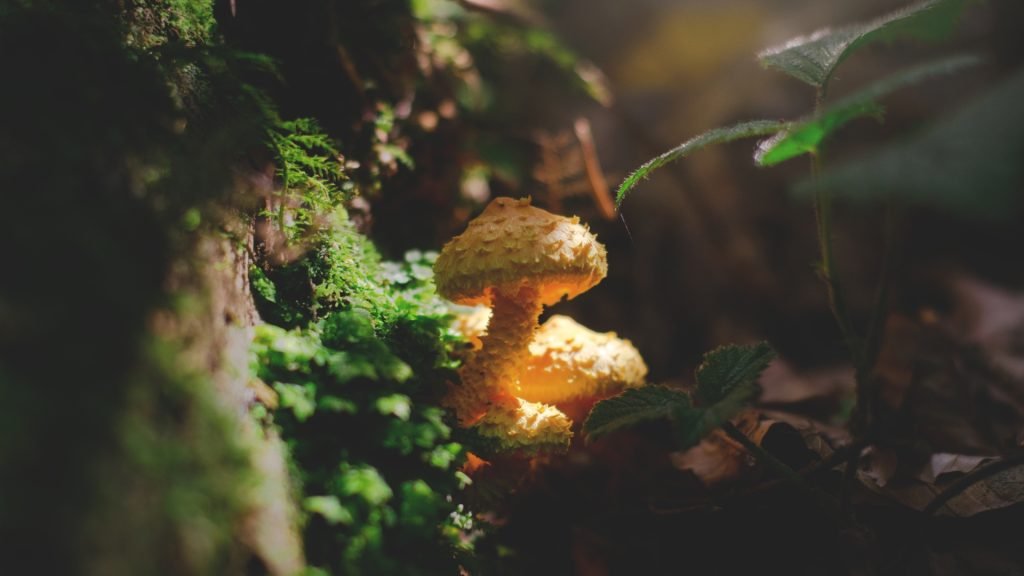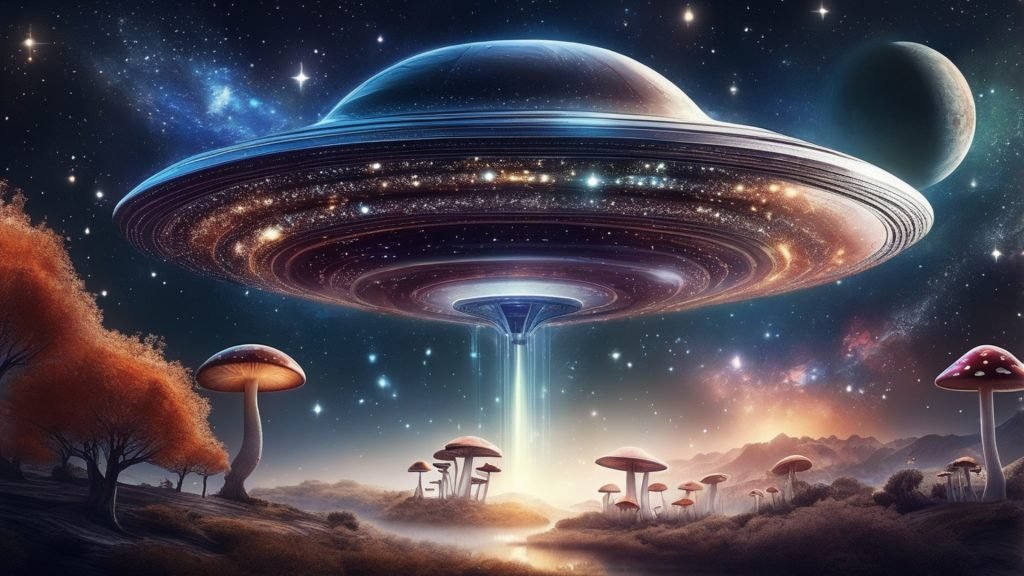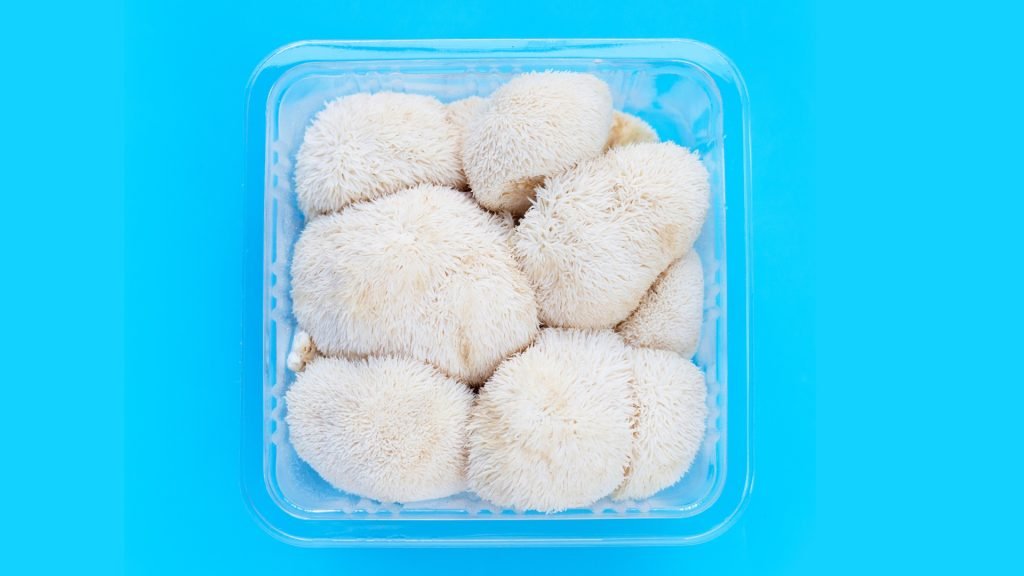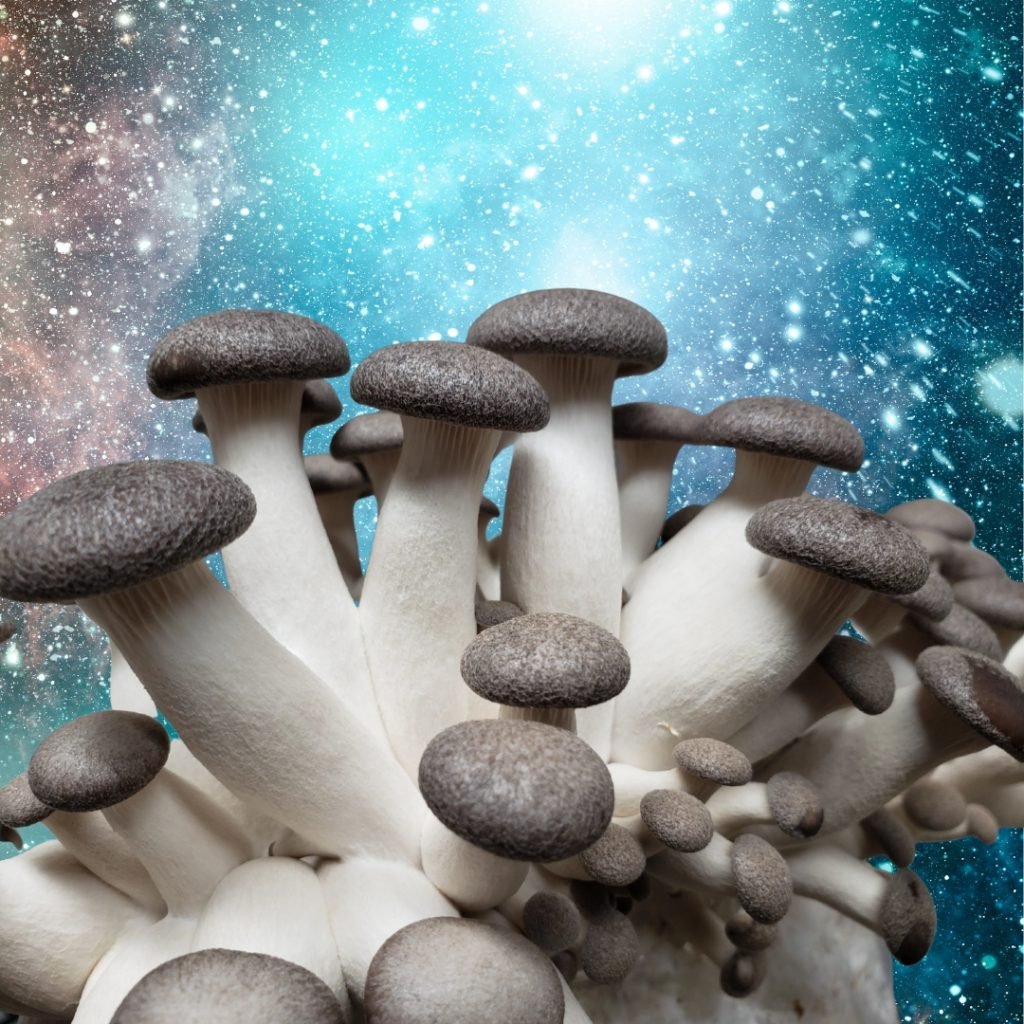Space, often seen as humanity’s final frontier, has been the setting for numerous groundbreaking experiments. Within the sterile chambers of the International Space Station (ISS), fungi have taken center stage, revealing their immense potential for both sustenance and scientific inquiry.
Venturing beyond our planetary bounds raises several challenges, from ensuring the well-being of astronauts to handling waste. In addressing these concerns, the versatility and resilience of mushrooms emerge as invaluable. On the ISS, experiments with fungi have uncovered insights not only about these organisms but also about the possibilities of prolonged space habitation.

Fungi as a Sustainable Food Source:
The Nutritional Value: In the confines of a spacecraft, every ounce of weight and every inch of space matters. Mushrooms, with their high nutritional content — including essential vitamins, minerals, and protein — provide an efficient solution to nourishing astronauts on long missions.
A Closed-Loop System: Traditional farming methods are untenable in space. However, mushrooms can be cultivated using waste products, creating a sustainable loop of growth, consumption, and recycling. This circular system minimizes waste and maximizes efficiency.
Psychological Benefits: Beyond their nutritive value, cultivating and consuming fresh produce in space offers psychological benefits. It adds variety to an astronaut’s diet and provides a semblance of normalcy, breaking the monotony of pre-packaged meals.

Decomposition and Waste Management:
Breaking Down Waste: Waste accumulation poses a significant challenge on long-duration space missions. Fungi, especially certain mushroom species, excel in breaking down organic matter. On the ISS, they’ve been trialed for waste decomposition, transforming refuse into valuable compost.
Bioremediation Potential: Some fungi have demonstrated the ability to absorb and concentrate heavy metals and radiation, purifying their environment. This property could be vital in treating wastewater or other contaminants on the ISS.
Mycelium-Based Materials: Mycelium can be cultivated to produce durable, lightweight materials. This suggests the possibility of growing tools or even habitats in situ, reducing the need to transport materials on space missions.
The universe of mushrooms is expansive, each variant bearing its own unique charm and characteristics. The Marketplace on the 🍄 Mushroom Network is a testament to this diversity. It is a haven for those seeking a deeper understanding of the magical world of mushrooms. If you’re keen on learning more about this type of mushroom and other mushroom variants, this Marketplace is your ultimate resource.
No posts found!
Scientific Discoveries and Future Implications:
Effects of Microgravity: Experiments on the ISS have shown that fungi behave differently in microgravity. Studying these altered growth patterns provides insights into the basic biology of fungi and can lead to optimized cultivation techniques back on Earth.
Drug Discovery: The unique conditions on the ISS might stress fungi in ways that trigger the production of novel compounds. These can be potential sources of new medicines or industrial products.
Preparing for Deep Space: As we set our sights on distant planets or even interstellar travel, bioregenerative life support systems will become indispensable. Fungi will undoubtedly play a pivotal role in these endeavors, from providing sustenance to enabling habitat construction.
Not sure where to start? The 🍄 Mushroom Academy offers a wide range of courses tailored to your needs. Whether you’re a beginner eager to learn or an experienced mycologist looking to broaden your knowledge, the 🍄 Academy has something for everyone.

Stellar Mycology:
As we continue to breach the frontiers of space exploration, the humble mushroom remains an unsung hero, promising solutions to some of our most pressing extraterrestrial challenges. Embracing fungi’s multifaceted roles ensures that as we soar among the stars, we remain grounded in the wisdom of nature.
Don’t forget to check out the 🍄 Mushroom Network’s Marketplace to see what’s available. But hurry, our shelves are constantly evolving, and you wouldn’t want to miss out on this wonderful mushroom. Join our growing network of Patrons, Genetics, and Mycologist Vendors only on the 🍄 Mushroom Network!
Recommended Reads:
King Oyster (Pleurotus Eryngii)
Scientific Name: Pleurotus Eryngii COMMON NAME(S): King Trumpet Mushroom | French Horn Mushroom | King...
Read More...Cosmic Mycelium: Are Mushrooms Emissaries from Outer Space?
Mushrooms, with their diverse forms and mysterious life cycles, often evoke a sense of wonder....
Read More...Rye TEK for Mycology: A Comprehensive Guide
Discover the magic of Rye grains, an esteemed substrate within the world of mycology. Often...
Read More...Fungal Pharaohs: Mushrooms as Gods in Ancient Societies
Imagine a world where mushrooms aren’t just food or medicine, but gods. Throughout history, ancient...
Read More...Whoa there, Spore Sport! 🍄 Looks like you’re not logged in yet. Don’t you know what you’re missing? MYCO-CREDITS! Imagine all the fungal fun you could have. It’s like finding a Morel in May and not picking it. Tragic, right? Log In or Become a Myco-Patron and start racking up those credits. It’s more rewarding than finding a mushroom in your backyard! 🌟🏡
